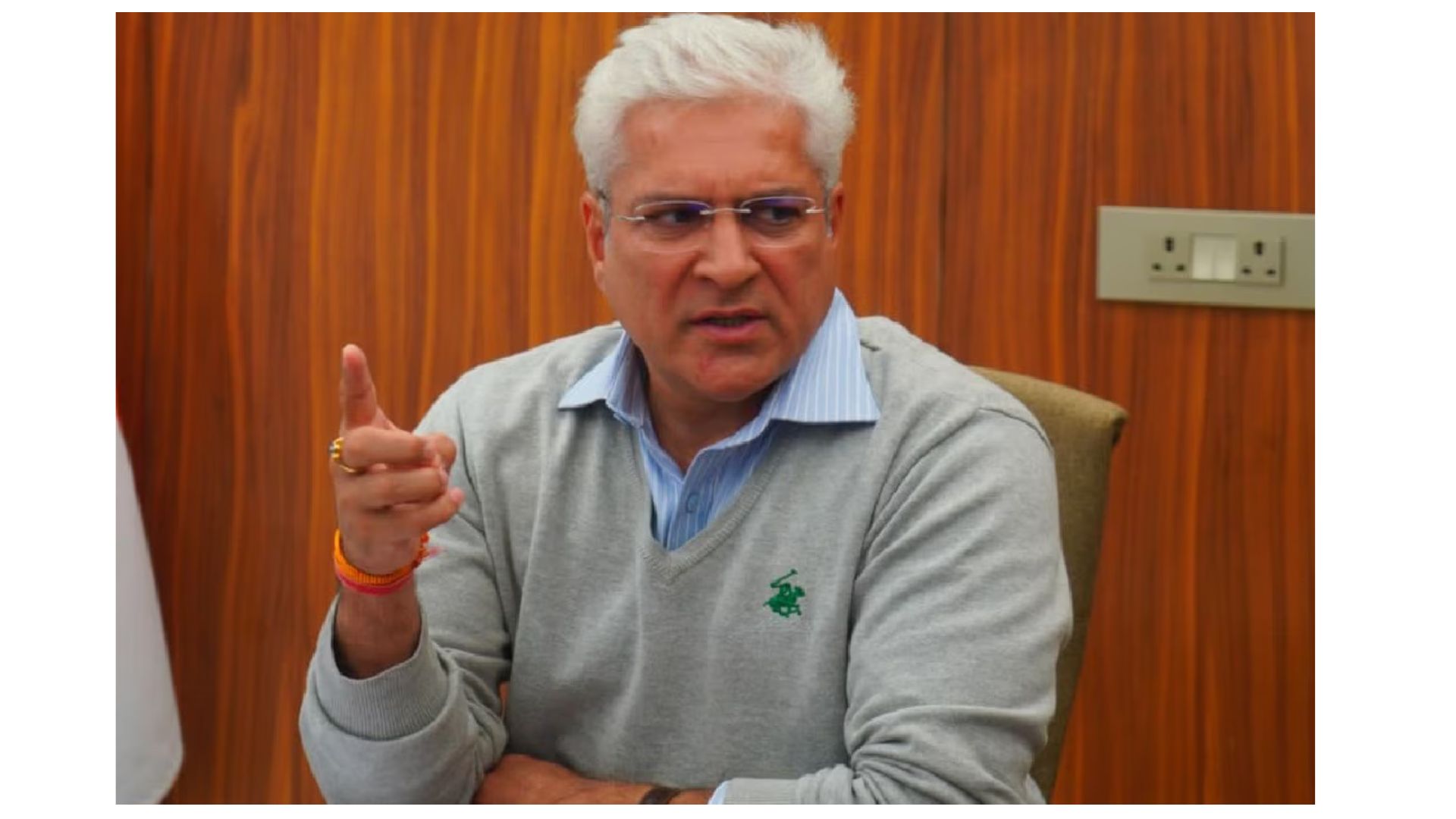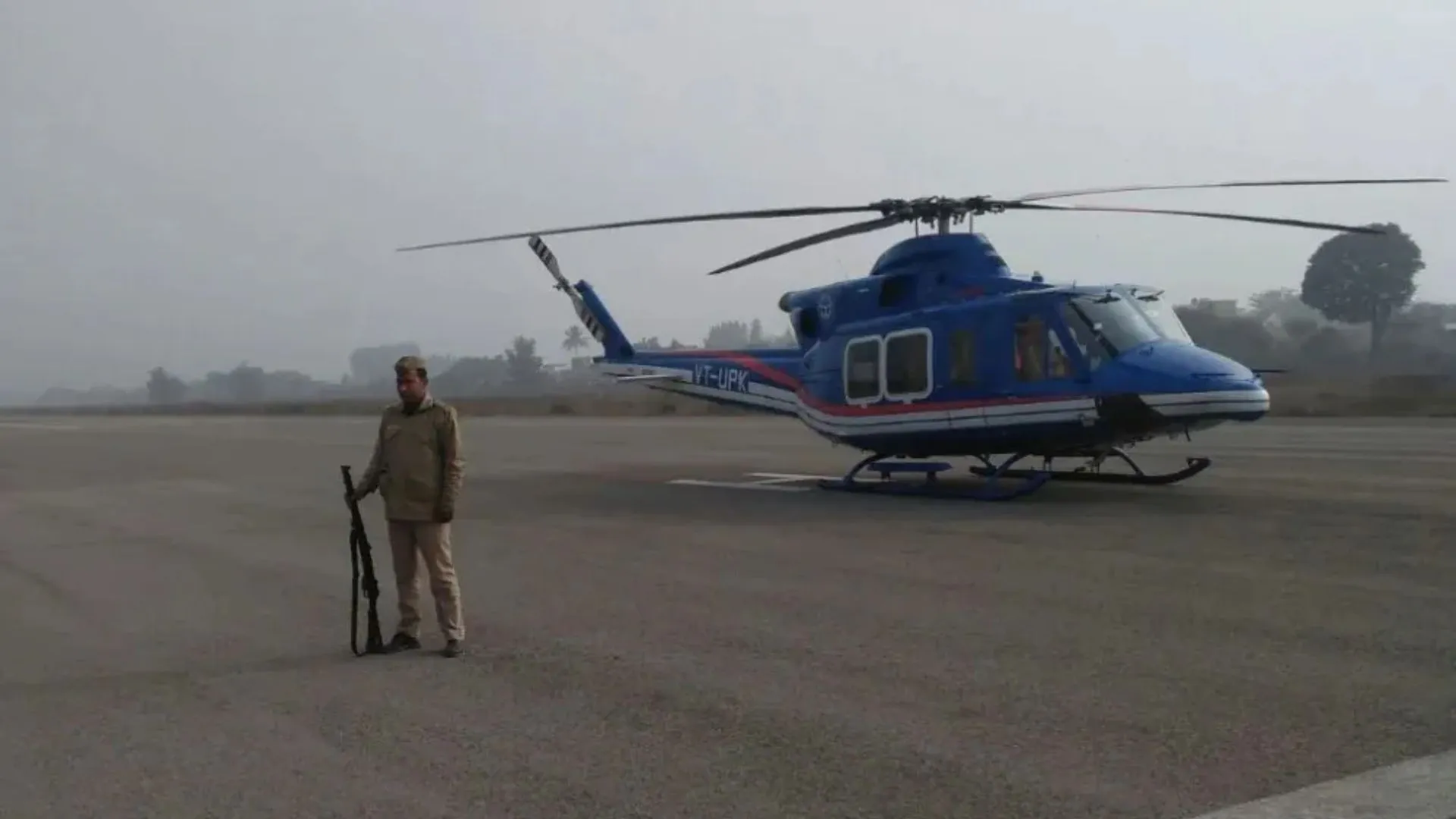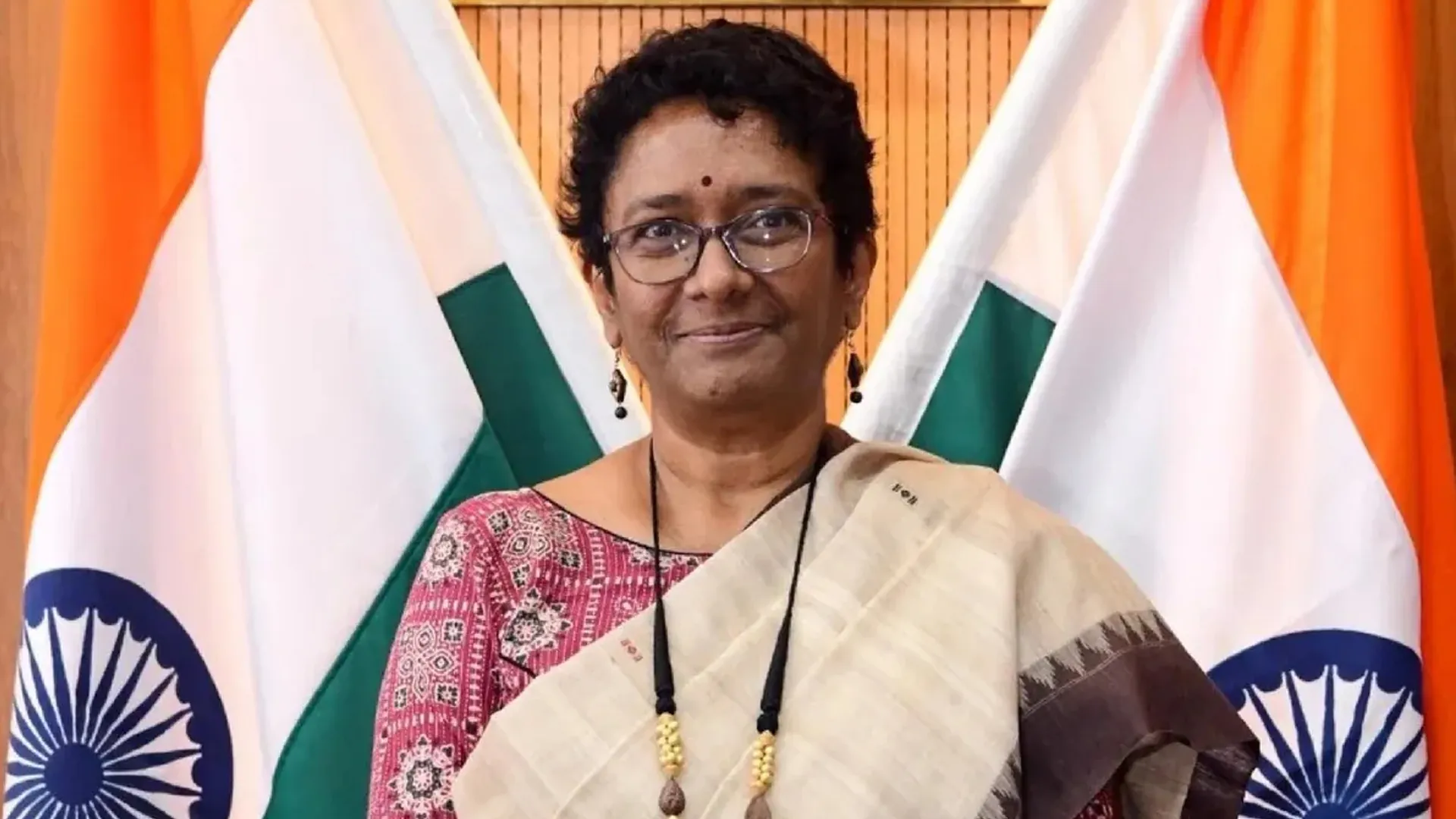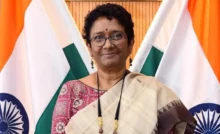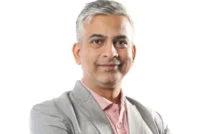Delhi BJP President Virendra Sachdeva strongly condemned Delhi Minister Kailash Gahlot’s remarks during his Independence Day speech, where he hailed Chief Minister Arvind Kejriwal as a “modern-day freedom fighter.” Sachdeva claimed that Gahlot’s address was overtly political and accused him of misusing the occasion to promote party propaganda, which he termed as an insult to democracy and the Constitution.
In a scathing response, Sachdeva stated, “It would have been more appropriate to compare Arvind Kejriwal to Mughal ruler Nadir Shah.” He criticized Gahlot for excessively praising Kejriwal and former Deputy CM Manish Sisodia, saying it felt more like a party meeting than an official government ceremony.
Sachdeva accused Gahlot of using the platform to highlight old electricity and water schemes, and for framing opposition to Kejriwal as being against the nation, turning the Independence Day event into what he called “political propaganda.” He further remarked, “Gahlot’s speech seemed like an attempt to position himself as a more anarchist politician than Kejriwal, Sisodia, and Atishi.”
The BJP leader also condemned the comparison of Kejriwal to freedom fighters, calling it “shameful” and hurtful to the sentiments of the families of actual freedom fighters. He emphasized that Gahlot’s remarks disrespected the spirit of Independence Day, democracy, and the Constitution, warning that the people of Delhi would not forgive such a politicization of the occasion.
Earlier in the day, Gahlot had expressed his sorrow over Kejriwal’s absence, calling him a “modern freedom fighter” and accusing the authorities of jailing a democratically elected leader for standing up against those undermining democracy. Gahlot asserted that Kejriwal has been unjustly imprisoned but refused to bow down to pressure, stating, “Did we gain independence only for an elected CM to be put behind bars?”
The exchange reflects the ongoing political tensions between the Aam Aadmi Party (AAP) and the BJP in Delhi, with both parties clashing over how national and state leadership should be viewed in the context of contemporary challenges.


